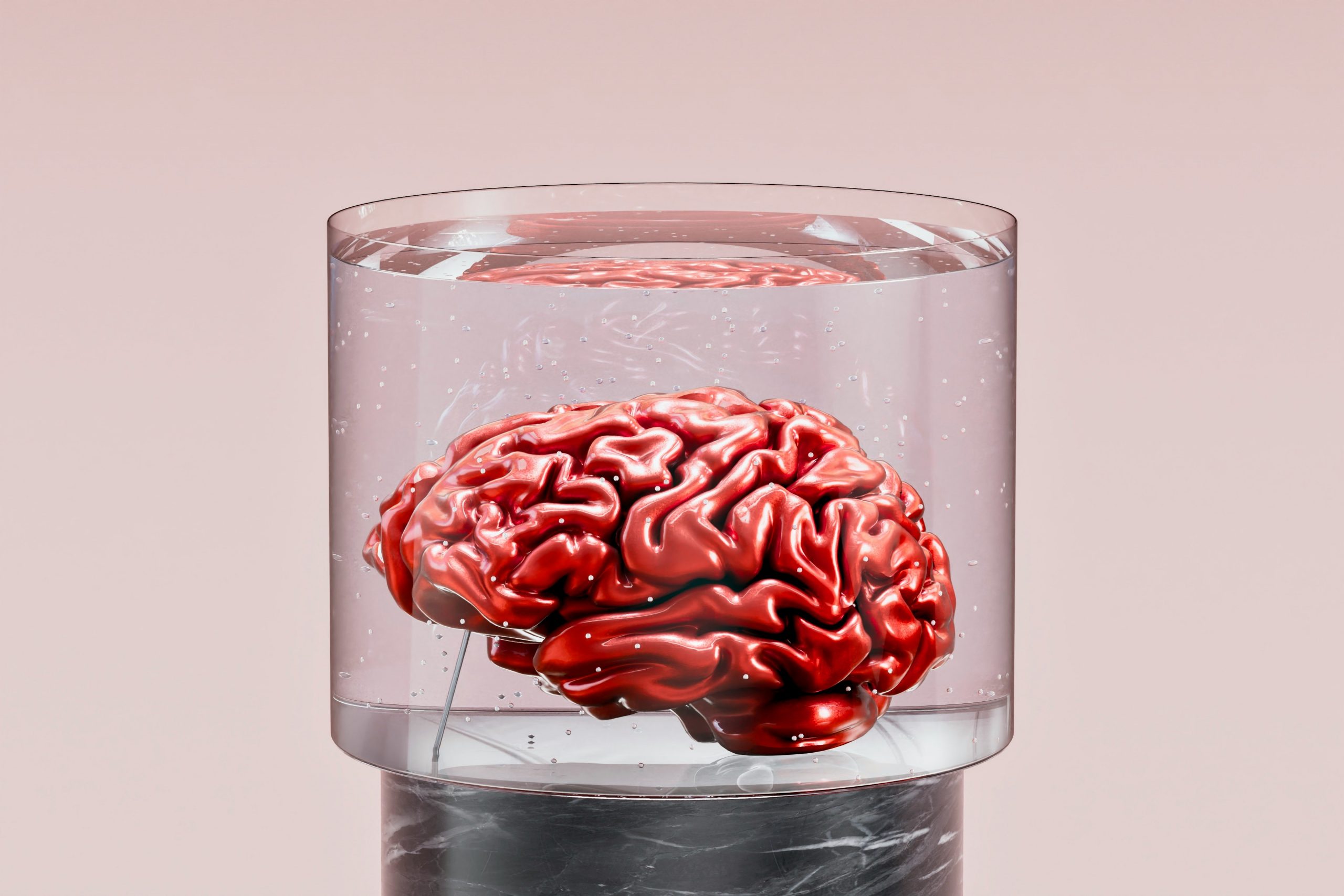
Painting is often seen as a relaxing pastime or a creative hobby. However, beyond the surface, engaging in painting offers a multitude of psychological benefits. Whether you’re a beginner with a brush or a seasoned artist, painting can significantly impact your mental health and overall well-being. This article explores how painting is a way to express creativity and an effective tool for mental and emotional growth.
Stress Relief and Emotional Expression
One of the most immediate psychological benefits of painting is its ability to reduce stress. Focusing on the canvas allows your mind to shift away from the demands of daily life. Engaging in creative work helps activate the brain’s relaxation response, which can reduce feelings of anxiety and tension. As you focus on creating, your mind becomes immersed in the process, temporarily allowing you to escape worries.
Painting also provides a healthy outlet for emotional expression. Many people struggle to articulate their feelings through words, but painting offers visual communication. You can express emotions that may be difficult to convey in conversation through color, form, and texture. Whether you’re feeling joy, anger, sadness, or frustration, your painting can be a therapeutic release.
Enhancing Mental Clarity and Focus
Creating art requires concentration, which can enhance mental clarity and sharpen your focus. As you work on your painting, you must focus on the task. This helps develop the ability to stay present, a skill beneficial for managing daily responsibilities. The concentration in painting can be helpful for people struggling with a busy mind or those experiencing mental fog.
Moreover, painting allows you to make decisions and solve problems. Deciding which colors to use, how to position elements, and how to balance the composition requires mental engagement. These creative decisions can help improve cognitive flexibility as you learn to adapt and think critically about your artwork. Over time, this mental exercise strengthens your ability to focus and think clearly in other areas of life.
Building Self-Esteem and Confidence
Painting can have a profound impact on your self-esteem and sense of accomplishment. Creating something from scratch, regardless of the outcome, boosts your confidence. The painting process fosters a sense of personal achievement as you see your skills improve and your ideas come to life. This feeling of accomplishment is significant for people struggling with self-worth or inadequacy.
In addition, painting allows you to explore your unique artistic style and voice. The more you practice, the more confident you become in your abilities. As you gain more experience and refine your techniques, you may feel a sense of pride in your work. This increased self-assurance often extends beyond the canvas and can positively influence other aspects of your life.
Promoting Mindfulness and Emotional Well-Being
Painting encourages mindfulness, which is being fully present and engaged. Painting requires full attention, which helps you block out distractions and worries. This heightened awareness promotes a sense of calm and peace. When you immerse yourself in the creative process, you naturally practice mindfulness, which has been shown to reduce stress and improve emotional well-being.
Research has shown that mindfulness can have positive effects on mental health, including reducing symptoms of depression and anxiety. Practicing mindfulness through painting gives your mind a chance to rest and reset. The soothing rhythm of brushstrokes and the process of blending colors can help you enter a state of flow, a mental state where you are fully absorbed in the task. Time disappears in this state, and you experience deep satisfaction and fulfillment.
Boosting Problem-Solving and Creativity
Painting stimulates both the creative and analytical parts of your brain. As you paint, you may face challenges like deciding how to portray an idea or choosing the right colors to express a feeling. These decisions require both creativity and problem-solving skills. Over time, regularly engaging in painting improves your ability to think outside the box and approach problems from different angles.
The process of painting encourages innovation. When working on a painting, you constantly experiment with new techniques, explore different color palettes, and test various textures. This experimentation can ignite your creativity, not only in art but also in other areas of life. The confidence gained from experimenting with the art can also encourage you to take more creative risks in your professional and personal endeavors.
Painting is more than just a creative outlet; it offers significant psychological benefits that can enhance your mental health and well-being. From stress relief to improved self-esteem, painting has a transformative effect on the mind. It helps develop focus, promotes mindfulness, and encourages emotional expression. Whether you paint as a hobby or pursue it more seriously, creating art can be a powerful tool for self-discovery and emotional healing.
You can experience these psychological benefits firsthand by integrating painting into your routine. The process of creating something beautiful not only improves your technical skills but also helps you nurture a deeper connection with yourself. As you continue to explore and grow as an artist, the psychological benefits of painting reach far beyond the canvas, enriching your overall quality of life.